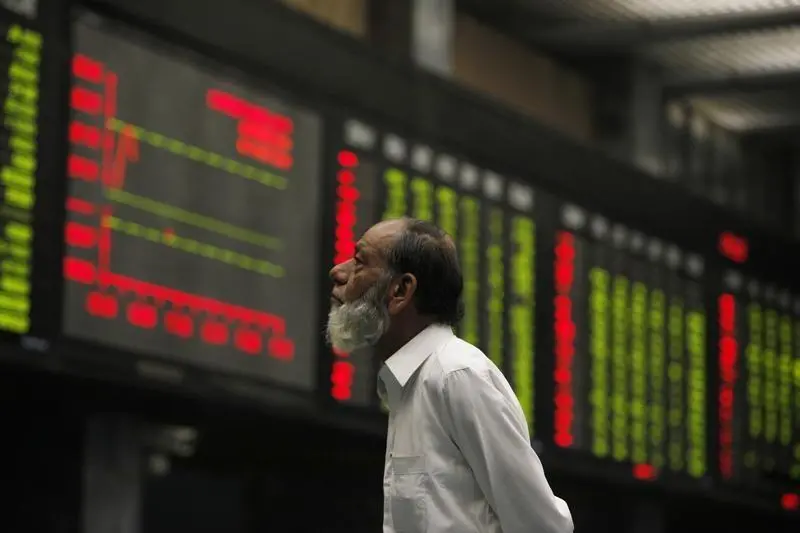PHOTO
ISLAMABAD - Pakistan's central bank raised its key interest rate to 12.25% on Monday, warning that already soaring inflation risked further rises on the back of higher oil prices and reforms required for a bailout from the International Monetary Fund.
The 150 basis points increase follows a preliminary agreement last week with the IMF for a $6 billion loan that is expected to come with tough conditions, including raising more tax revenues and putting up gas and power prices. It was the eighth time the central bank has increased its main policy rate since the start of last year.
With economic growth set to slow to 2.9% this year from 5.2% last year, according to IMF forecasts, the rate rise adds to pressure on Prime Minister Imran Khan, who came to power last year facing a balance of payments crisis that has now forced his government to turn to the IMF.
Higher prices for basic essentials including food and energy has already stirred public anger but the central bank suggested there was little prospect of any immediate improvement.
Noting average headline inflation rose to 7% in the July-April period from 3.8 percent a year earlier, the central bank said recent rises in domestic oil prices and the cost of food suggested that "inflationary pressures are likely to continue for some time".
It said it expected headline inflation to average between 6.5% and 7.5% for the financial year to the end of June and was expected to be "considerably higher" in the coming year. Expected tax measures in next month's budget as well as higher gas and power prices and volatility in international oil prices could push inflation up further, it said.
It said the fiscal deficit, which the IMF expects to reach 7.2% of gross domestic product (GDP) this year, was likely to have been "considerably higher" during the July-March period than in the same period a year earlier due to shortfalls in revenue collection, higher interest payments and security costs.
Despite some improvements, financing the current account deficit remained "challenging" and foreign exchange reserves of $8.8 billion were below standard adequacy levels at less than the equivalent of three months of imports.
The central bank said it was watching foreign exchange markets closely and was prepared to take action to curb "unwarranted" volatility, after the sharp fall in the rupee over recent days that saw the currency touch a record low of 150 against the U.S. dollar.
Details of what Pakistan will be required to do under the IMF agreement, which must still be approved by the Fund's board, have not been announced but already opposition parties are planning protests.
As well as higher energy prices that will hit households hard, there are also expectations of new taxes and spending cuts in next month's budget to reach a primary budget deficit - excluding interest payments - of 0.6% of GDP.
With the IMF forecasting a primary deficit of 2.2% for the coming financial year, that implies squeezing roughly $5 billion in extra revenues from Pakistan's $315 billion economy, which has long suffered from problems raising tax revenue.
( Editing by Robert Birsel) ((james.mackenzie@thomsonreuters.com; +92 300 8566 702 ; Reuters Messaging: Reuters Messaging james.mackenzie.reuters.com@reuters.net))





















